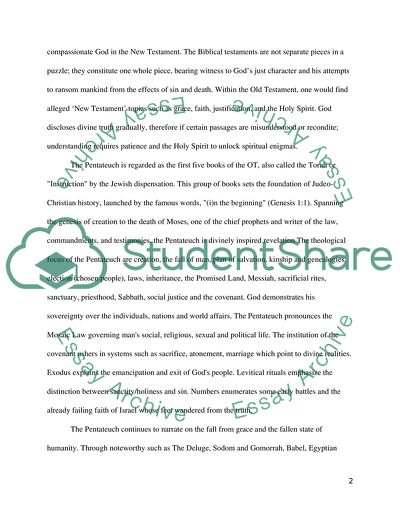Cite this document
(Encountering the Old Testament Book Report/Review - 1, n.d.)
Encountering the Old Testament Book Report/Review - 1. Retrieved from https://studentshare.org/religion-and-theology/1750929-book-title-encountering-the-old-testament-by-bill-t-arnold-and-bryan-e-beyer
Encountering the Old Testament Book Report/Review - 1. Retrieved from https://studentshare.org/religion-and-theology/1750929-book-title-encountering-the-old-testament-by-bill-t-arnold-and-bryan-e-beyer
(Encountering the Old Testament Book Report/Review - 1)
Encountering the Old Testament Book Report/Review - 1. https://studentshare.org/religion-and-theology/1750929-book-title-encountering-the-old-testament-by-bill-t-arnold-and-bryan-e-beyer.
Encountering the Old Testament Book Report/Review - 1. https://studentshare.org/religion-and-theology/1750929-book-title-encountering-the-old-testament-by-bill-t-arnold-and-bryan-e-beyer.
“Encountering the Old Testament Book Report/Review - 1”, n.d. https://studentshare.org/religion-and-theology/1750929-book-title-encountering-the-old-testament-by-bill-t-arnold-and-bryan-e-beyer.


